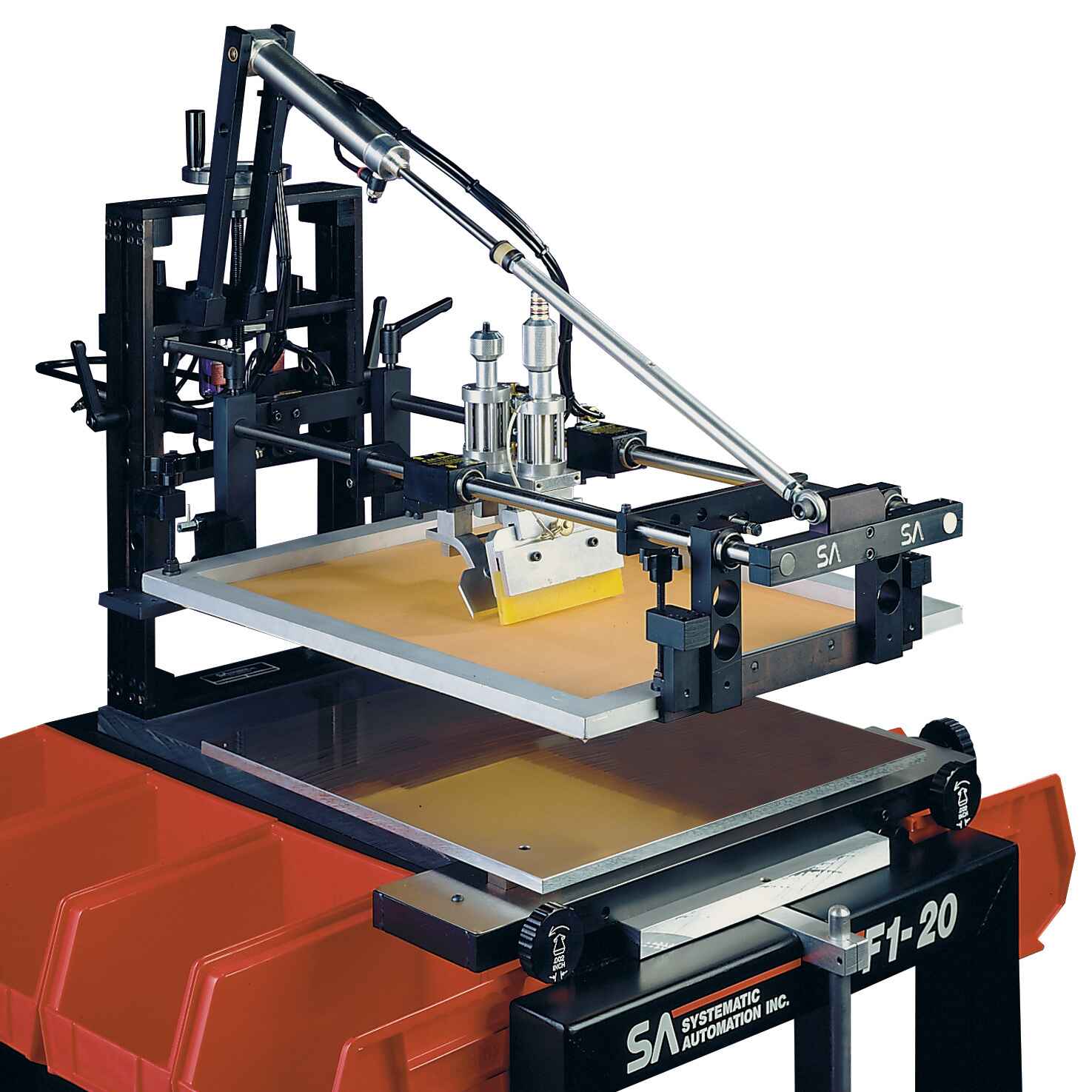Start Smart: Why Pneumatic Printing Machines Never Go Obsolete
Understanding Pneumatics: The Future of Industrial Automation
In today's rapidly evolving industrial landscape, pneumatic systems stand out as a reliable, future-proof technology. At Systematic Automation, we've championed pneumatic solutions for decades, and here's why they continue to be the smart choice for modern manufacturing.
The Fundamentals of Pneumatic Systems
Essential Components
Every pneumatic system relies on these core elements:
- Air compressor: The power source that generates compressed air
- Valves: Control air flow direction and timing
- Cylinders: Convert air pressure into mechanical motion
- Air lines and fittings: Distribute compressed air throughout the system
- Pressure regulators: Maintain consistent operating pressure
Cost Efficiency
- No electronic obsolescence concerns
- Stable component pricing
- Reduced maintenance costs
- Minimal downtime
Supply Chain Security
- Readily available domestic parts
- No dependence on semiconductor availability
- Immunity to electronics tariffs
- Reliable supplier relationships
Performance
- Consistent operation in varying conditions
- Precise control capabilities
- Straightforward troubleshooting
- Quick repairs with standard tools
Conclusion
Pneumatic systems represent a proven, reliable technology that continues to evolve while maintaining its core advantages. Their simplicity, reliability, and cost-effectiveness make them an ideal choice for modern manufacturing operations. At Systematic Automation, we're committed to delivering pneumatic solutions that ensure your success today and tomorrow.

Ready to find out more?
Drop us a line today for a free quote!
Pressure Fundamentals
Understanding pressure is key to optimal system performance:
- Industrial systems typically operate at 80-120 PSI (5.5-8.3 bar)
- Working pressure represents normal operating range
- Maximum pressure indicates safety limits
- Minimum pressure ensures reliable operation
Why Choose Pneumatic Systems?
Reliability
- Simple mechanical principles ensure longevity
- Minimal electronic components reduce failure points
- Low maintenance requirements
- Extended operational lifespan